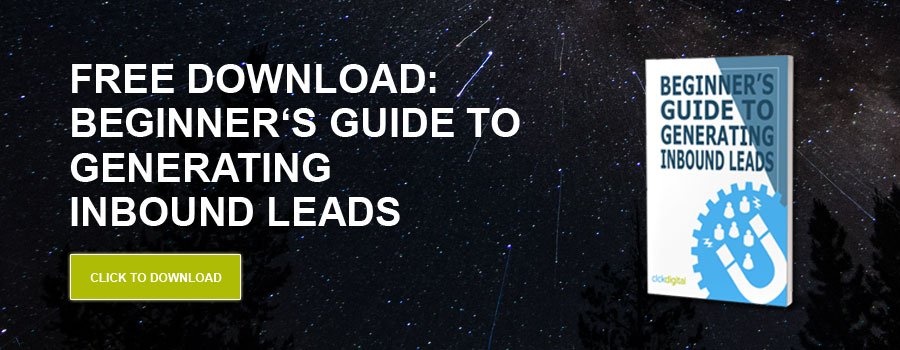Producing online content can boost your brand’s credibility.
Post on social media. Write blog and article posts. Create webinars. You know the means, but what about the context?
With the sea of content on the web these days, how can you get prospects to stop scrolling and read what you have to say?
Content marketing is layered with hidden strategies and rules, but it’s always essential to understand your target audience’s thoughts and behaviour first.
This way, your content will be more well-received, and your brand image will improve in the long run.
Here are a few tips that can help you improve the content you put on the web.
Keep Your Content Simple
Your eagerness to share knowledge with your audience can sometimes backfire. Here’s an example:
“Operant conditioning is an associative learning theory. It explains that reinforcement and punishment can modify human behaviour. By employing operant conditioning, you can reinforce buying behaviour and see a rapid improvement in sales.”
This kind of content would pique the interest of psychology enthusiasts, but would it be easily digestible to the audience you are trying to attract? The obvious answer is no unless the audience you’re targeting is, in fact, people with a strong interest or background in psychology.
In short, always think from the perspective of your intended audience. Keep your content concise.
If you’re writing extensive content, break them up into shorter paragraphs or bulleted points. To keep their attention, you can spice things up with visuals or relevant quotes from prominent figures.
Power of Words: A Core of Marketing Psychology
What’s the first thought that crossed your mind when you read the heading above? Easier said than done, right?
Here’s a tip that you can use to guide your use of language: Keep it positive.
People click on your content because they want to learn something from it. Using negative words from the get-go could very well discourage them from reading further.
Imagine if I started this post by saying that even expert marketers find content marketing challenging to master.
On top of that, I start dishing out complex theories and strategies that you need to know to be a successful content marketer. The only thing I’d achieve here is planting self-doubt in my readers, not empowering them to learn more from what I have to offer.
Back Your Content with Solid Evidence
Let’s say you’re trying to decide on an online store to buy a pair of shoes. They all sell the exact pair that you like. The price is also similar across the stores. What would be the next thing you’ll consider, at the top of your mind?
For many, it’d be looking at the reviews left by others on the product or service. The opinion of others is like insurance. It assures us that it is worth investing in the product or service that we plan to get.
Likewise, you would want to do your research on the topic of your content. Link credible and up-to-date sources, such as scholarly articles, to your work if you include statistics. The more credible the sources, the more likely your audience will take your content seriously.
Repetition of Key Phrases
What kind of words or phrases do you want to be associated with your brand or business?
When you repeat specific keywords, your audience will form a stronger connection between them and your brand.
If you want to be associated with words like “reliable” or “luxurious”, keep those phrases in mind when creating content, as it would be related to your brand.
Make sure to be subtle by using this tactic in moderation; otherwise, it may seem like you’re pushing your idea of what your brand is about to your audience.
Conclusion
In short, marketing psychology is the study of thoughts and behaviour of people who purchase your products or services.
Effective content marketing starts with understanding who you are targeting. After that, it’s finding out what they can get out of your content.
Convey the message that you truly want your audience to benefit from your content. Amplify the content distribution on LinkedIn to increase your reach. This way, they will naturally come to trust your brand.

- Marketing Psychology: How to Win Customers with Content - June 23, 2021






